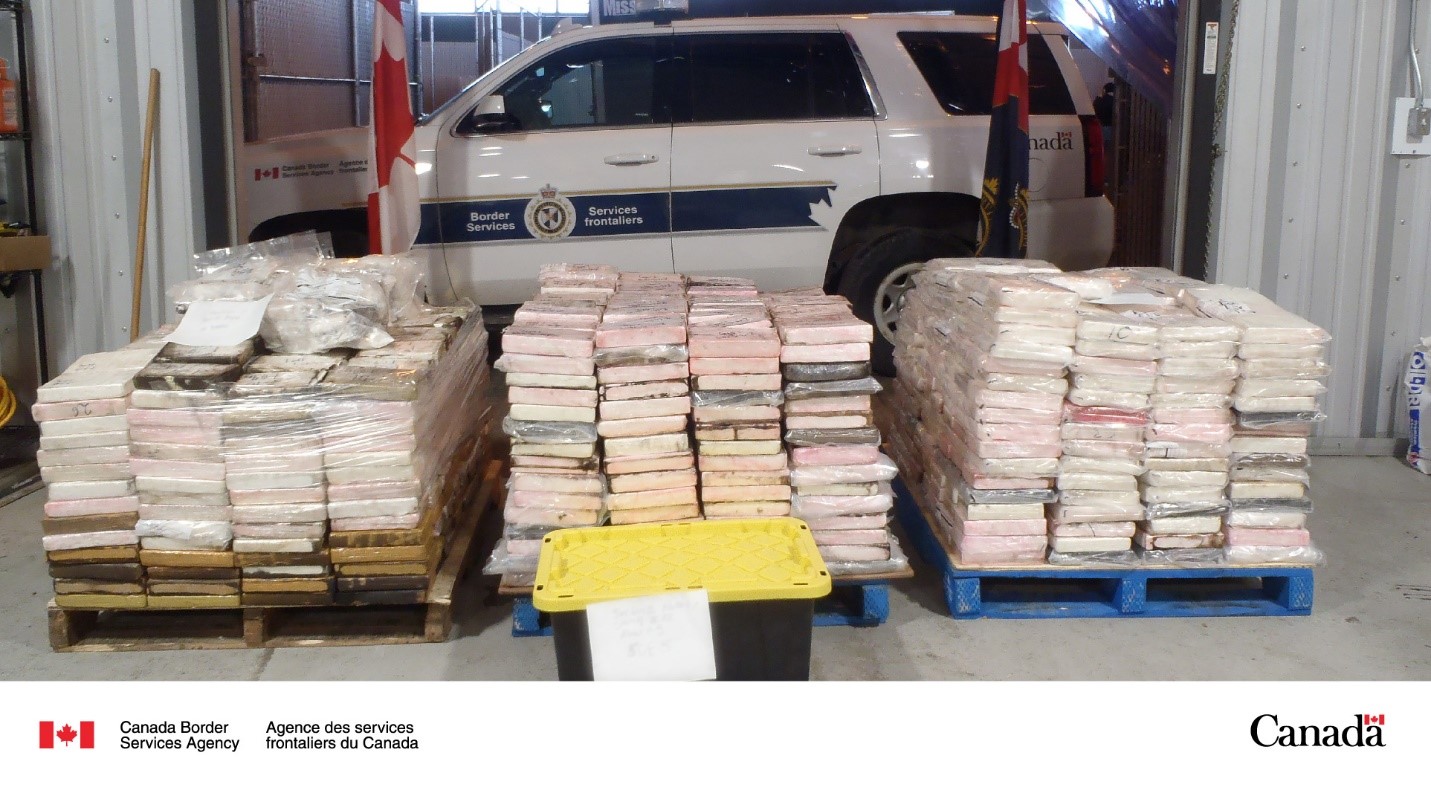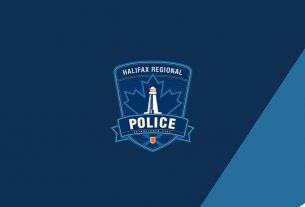**** CBSA Media Release
CBSA Atlantic Region: Operational and enforcement highlights from 2022
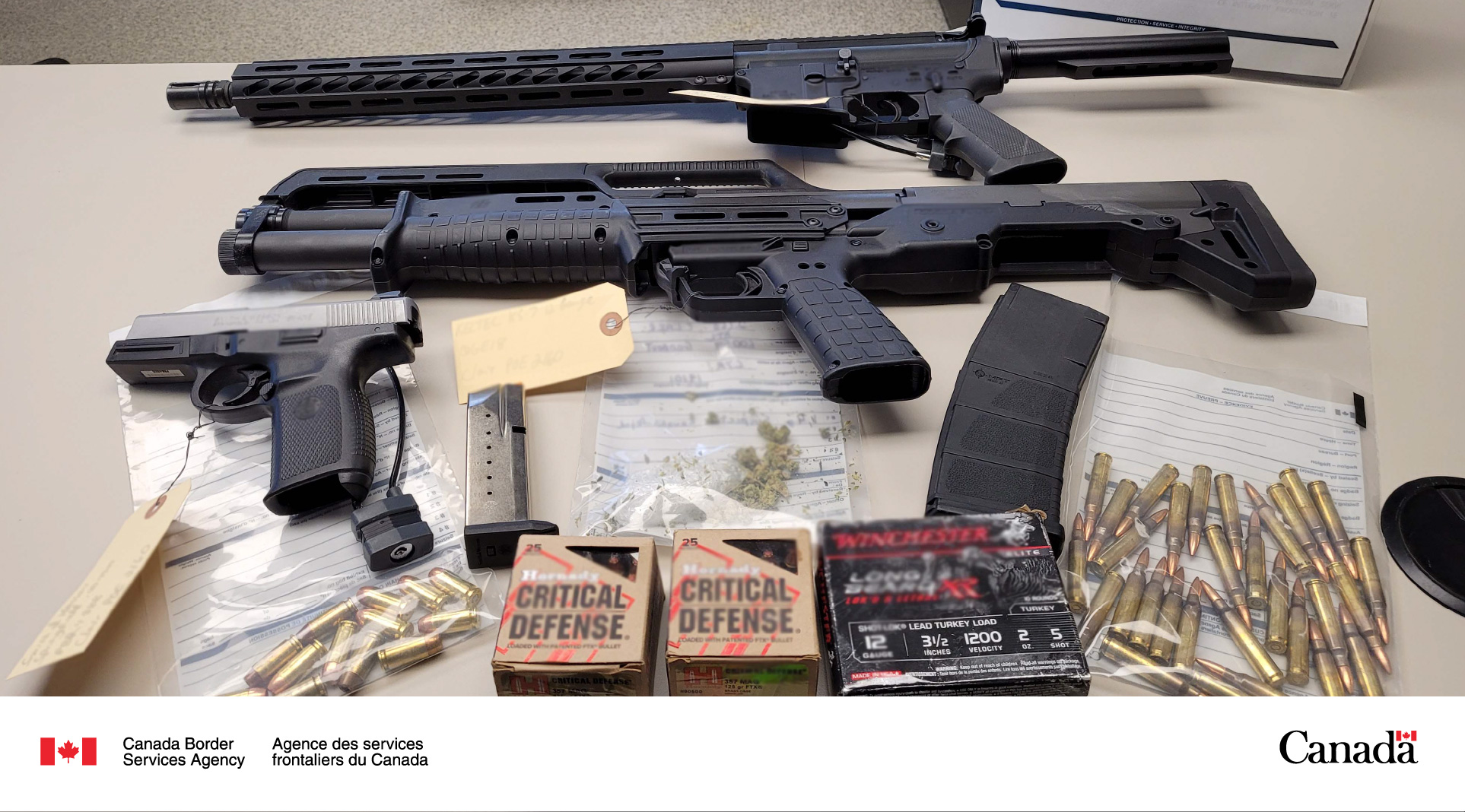
Backgrounder
The Canada Border Services Agency (CBSA) Atlantic Region is home to over 150 service locations including 18 land ports of entry, 28 commercial vessel sites, 26 airports, five cruise ship operations, two ferry terminals and a number of telephone reporting sites.
The Region consists of three districts (Southern New Brunswick and Prince Edward Island District; Northwest New Brunswick District; Newfoundland, Labrador and Nova Scotia District) and three divisions (Intelligence and Enforcement Operations; Corporate, Programs and Integration Management and Atlantic Commercial and Trade Operations).
Building a modern border
- CBSA continues to perform essential upgrades to its three primary inspections lanes at the St. Stephen Ferry Point port of entry in N.B. Through this project, the existing three primary inspection lane booths will be replaced with two new, modern booths and an improved parking area for better flow of vehicle traffic for secondary examination referrals. Upgrades will include energy-efficient heating, ventilation, air conditioning and lighting to help reduce the Agency’s carbon footprint, ergonomically correct workspaces designed with the health and safety of border services officers in mind, and improvements to the asphalt and canopies to ensure a safe and positive experience for travellers, including vehicles, cyclists and pedestrians. The work is expected to be completed in February 2023.
- CBSA continues to explore safe, secure and innovative ways to deliver a better and faster border experience for all travellers. On October 25, 2022 the CBSA introduced the optional Advance CBSA Declaration feature at the Halifax Stanfield International Airport in N.S. This feature is now available to all travellers arriving on international flights in Halifax and allows them to submit their declaration up to 72 hours before arriving in Canada.
Welcoming travellers into Canada
The CBSA in Atlantic Region continues to work closely with its provincial and federal government partners to support the arrival of Afghan refugees and Ukrainians seeking temporary safe haven in Canada.
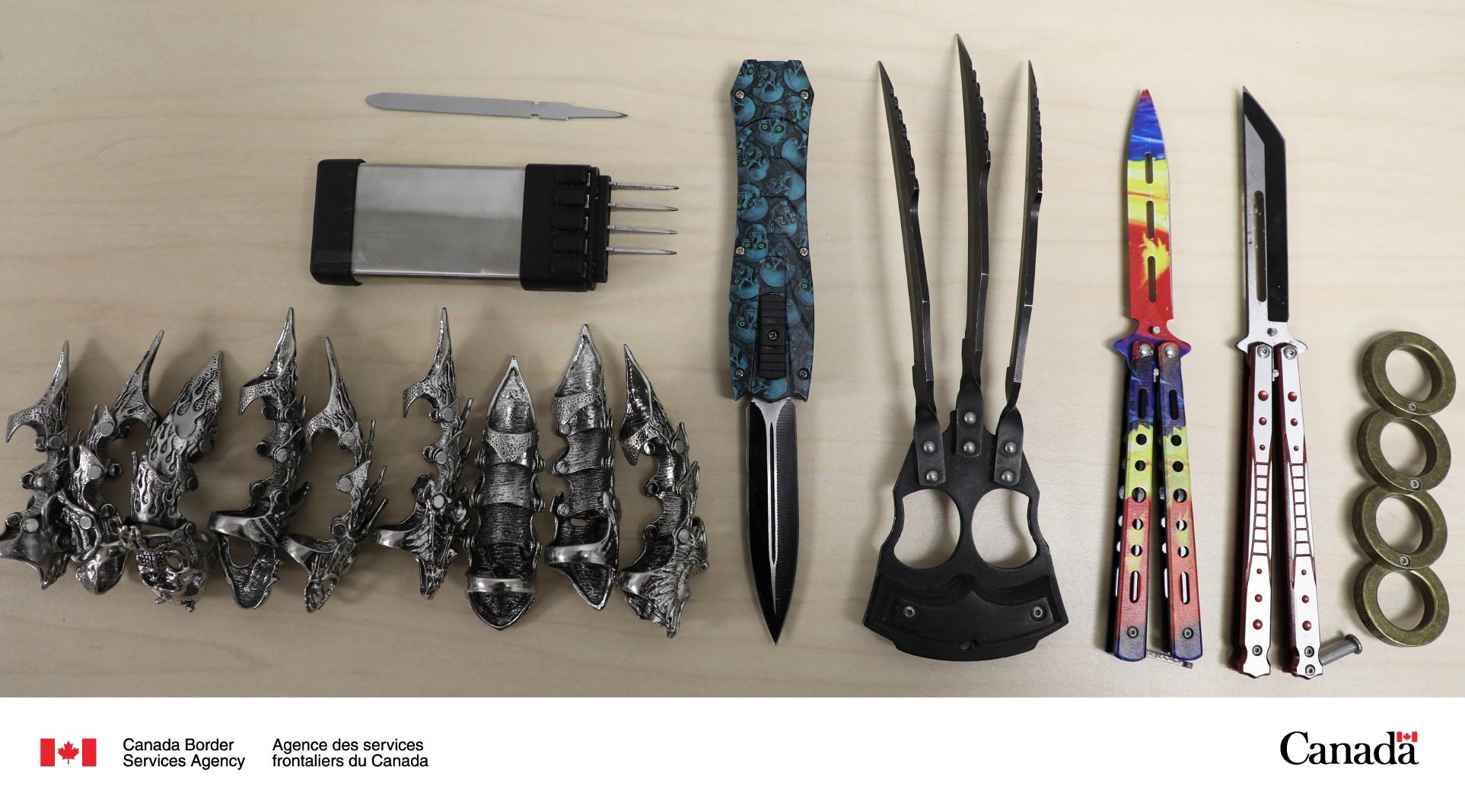
Some flights processed this past year include:
- October 19 – 311 Afghan refugees processed in Halifax, N.S.
- June 7 – 164 Ukrainians processed in Moncton, N.B.
- June 2 – 300+ Ukrainians processed in Halifax, N.S.
- May 9 – 187 Ukrainians processed in St. John’s, N.L.
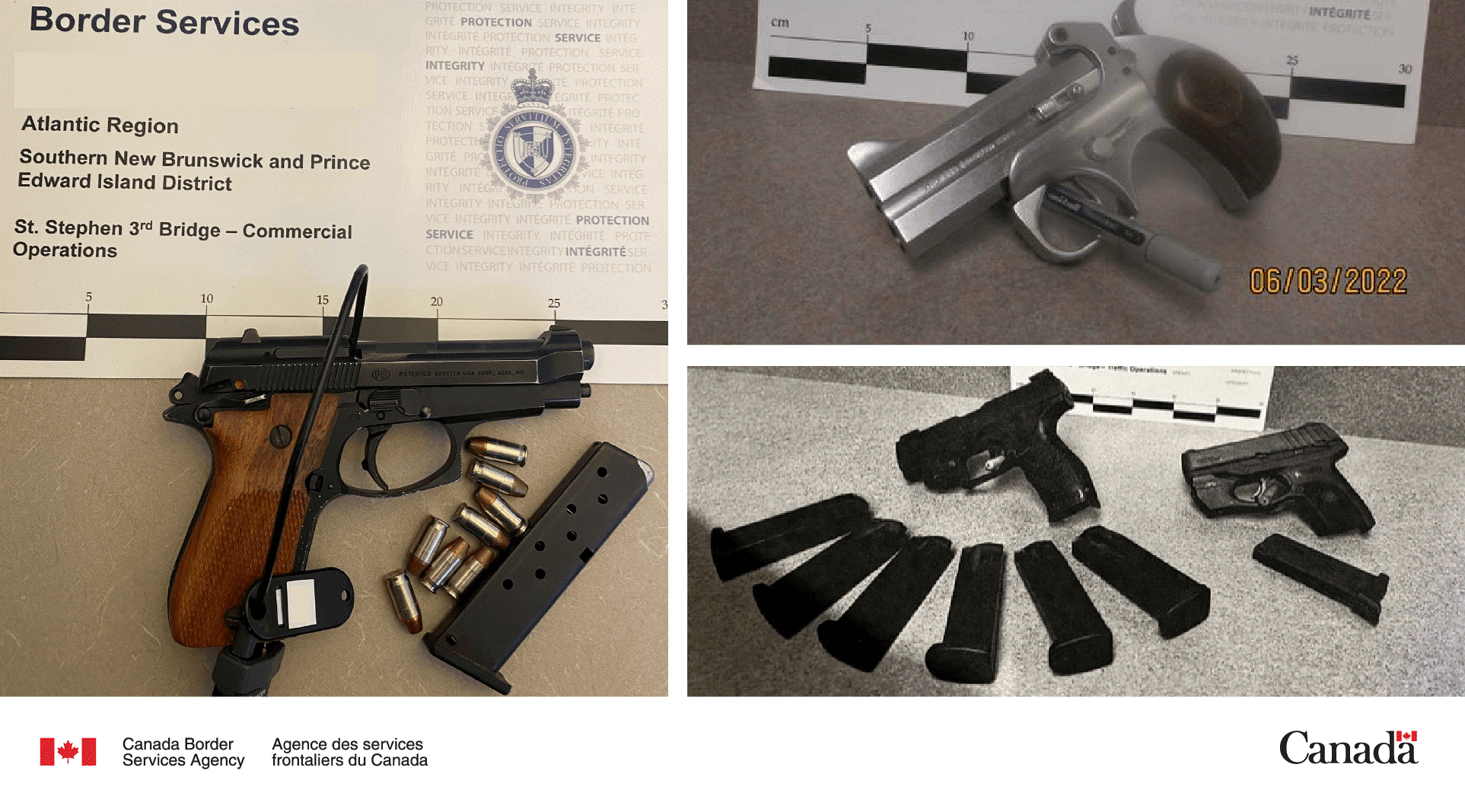
Supporting the economy
- This year the Atlantic Region processed:
- 1,761,041 travellers
- 799,094 containers
- 790,049 vehicles and other conveyances
- 144 cruise ships
- 327 ferry crossings
This demonstrates just how vital our officers and staff are in supporting Canada’s economy and a healthy supply chain.
- On April 4, CBSA officers seized $292,950 in cash, suspected of being proceeds of crime, from a traveller seeking entry into Canada at the Woodstock, N.B. port of entry. The seizure followed a detailed secondary examination of the vehicle using various tools and with the help of CBSA Detector Dog Keo. The search revealed a hidden compartment within the vehicle where the money was concealed. A 43-year-old male from Hopewell Cape, N.B., was arrested at the port of entry. He was later transferred to the RCMP and released while police continue to investigate.
- On April 29, at the Grand Falls, N.B. port of entry, a CBSA officer was presented with a false receipt of purchase for a luxury motor home vehicle indicating a payment of $125,000 USD. During further investigation and a secondary search, the original bill of sale of $210,000 USD was found. The vehicle was seized and the individual was required to pay a penalty of $68,098.71 CAD for its release, instead of $13,575 CAD had he made a truthful declaration.
Protecting Canadians
- Our work to protect Canadians begins at our borders, where we stop dangerous goods from coming into Canada and disrupt criminal activity. Between January 1 and October 31, 2022, CBSA in Atlantic Region seized 19 firearms / firearm-related items. Some of the seizures conducted by officers at the border are included below:
- In June, 2022, CBSA officers at the St. Stephen 3rd Bridge port of entry in New Brunswick (N.B.) seized five prohibited and restricted firearms.
- On July 17, 2022, a United States (U.S.) resident arriving at the St. Stephen Ferry Point port of entry in N.B. declared two firearms. Upon further inspection, an additional undeclared firearm and eight prohibited magazines were discovered. The goods were seized and the traveller was required to pay a $1500 terms of release on the vehicle. The traveller withdrew his application to enter Canada.
- On July 31, 2022, a U.S. resident arrived at the St. Stephen 3rd Bridge port of entry in N.B. requesting entry for six weeks to tour the Maritimes. While the traveller declared one firearm, two additional undeclared firearms were discovered upon further examination. The firearms were seized and the traveller was required to pay a $2200 terms of release. The traveller withdrew his application to enter Canada and returned to the U.S.
- On August 1, 2022, a U.S. resident arriving at the Campobello port of entry in N.B. was referred for a secondary exam. One firearm was found in the truck and another was found in the travel trailer. The traveller was arrested for smuggling two prohibited firearms and the firearms were seized with no terms of release. The traveller was released after paying a $2000 penalty.
- On August 19, 2022, a U.S. resident arriving at the St. Stephen Ferry Point port of entry in N.B. was arrested for alcohol impairment after failing a screening test and admitted to having an undeclared firearm with him. The traveller’s firearm was seized. The traveller was released after paying a $1000 penalty and turned over to local police.
- On October 8, 2022, a U.S. resident arrived at the Clair port of entry in N.B. looking to enter Canada. During a secondary examination of the traveller’s vehicle and contents, two unloaded firearms were discovered in the vehicle. Officers also found a loaded firearm concealed inside the vehicle. Ammunition, including one 14 round magazine and one 30 round magazine, as well as 1.4 grams of cannabis were also found in the vehicle. The traveller paid $3282.81 for the release of their vehicle and one non-prohibited firearm. The Royal Canadian Mounted Police (RCMP) took possession of the other two firearms.
- The CBSA Atlantic Region took eight impaired drivers off Canadian streets between January 1 and October 31 this year. This demonstrates that the CBSA continues to work closely with local police partners on combatting impaired driving.
- On August 10, 2022 a search warrant was executed at a home in Amherst, Nova Scotia (N.S.). During the search of the home, CBSA and RCMP officers located and seized two cellphones and 15 prohibited weapons, including one brass knuckle, one switchblade, two butterfly knives, one tiger claw knife, one ballistic gun dart launcher and nine finger claw knives. A 32-year-old Amherst man was arrested and is currently facing a number of weapons-related and smuggling charges.
- On January 7, 2022, CBSA officers at the Halifax Container Examination Facility in N.S. detected 31 kilograms of opium in 14 packages within a shipping container that had arrived from the United Arab Emirates. This followed a seizure from the previous year, November 18, 2021, where border services officers at the same facility located over 65 kilograms of opium during an extensive search of shipping containers.
- In early January 2022, more than 1.5 tonnes of cocaine was seized by border services officers in Saint John, N.B., following a sophisticated drug smuggling investigation by the CBSA and RCMP. The narcotics were discovered concealed inside the cargo of a marine container; this represents the largest quantity of cocaine seized from a marine shipping container in Atlantic Canada in three decades.
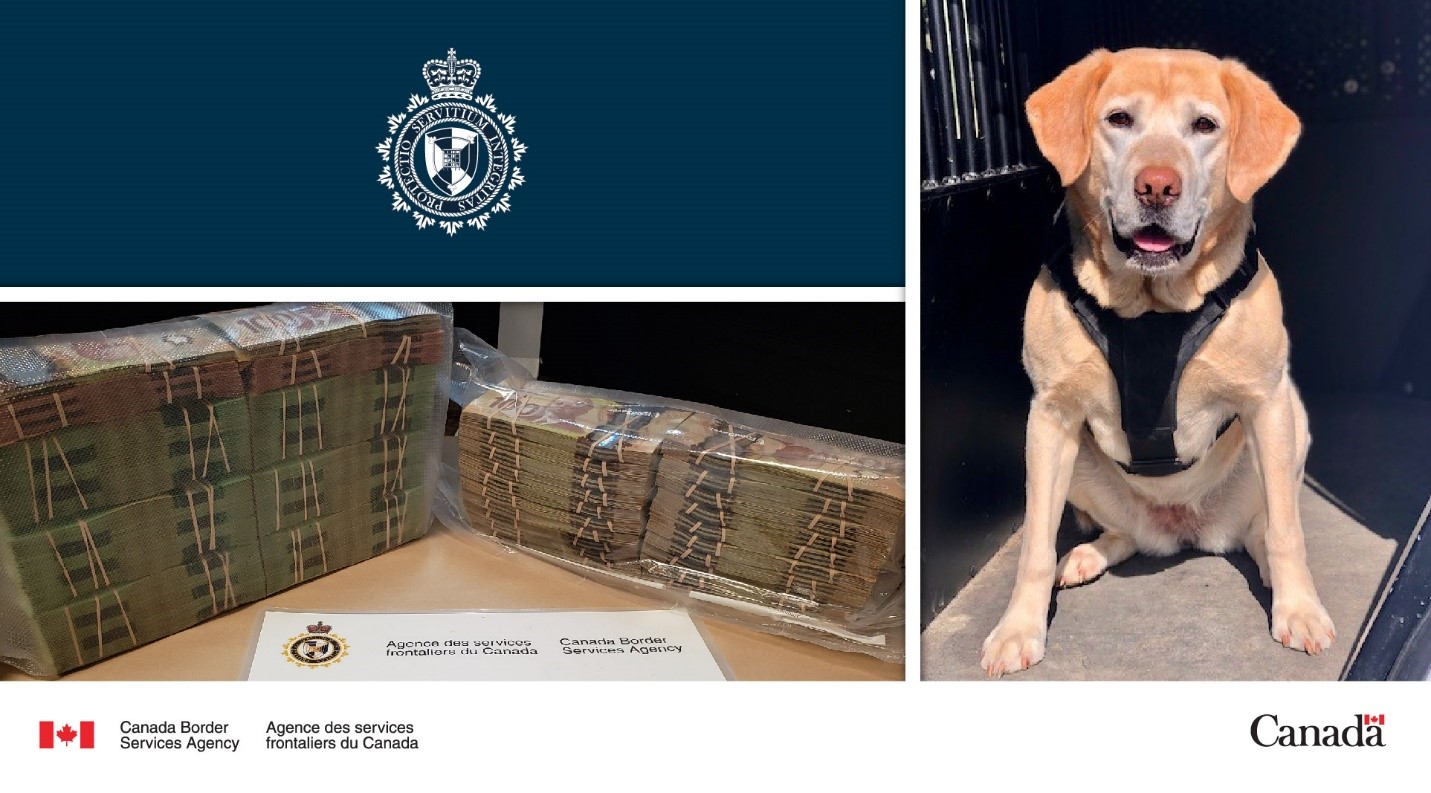
Collaborating with Indigenous communities
cooking were provided. Inside, a display was set up to share information about Indigenous culture, language and history.
